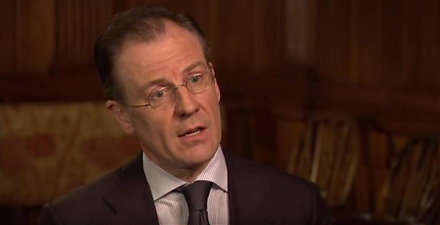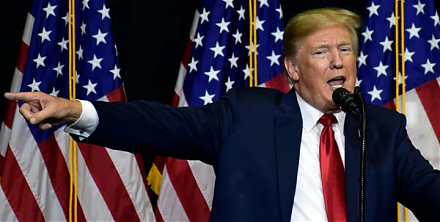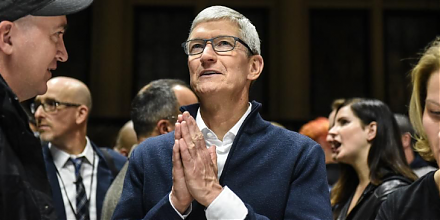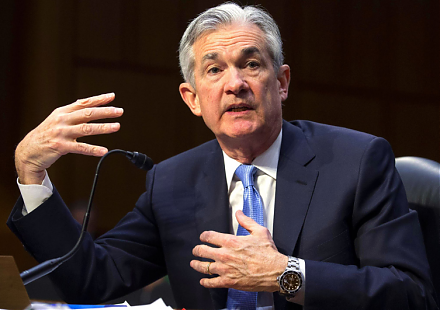

2019-09-17 08:33:00 Tue ET
stock market gold oil stock return s&p 500 asset market stabilization asset price fluctuations stocks bonds currencies commodities funds term spreads credit spreads fair value spreads asset investments
Global stock market investors foresee the harbinger of a major economic downturn. Many stock market investors become anxious due to negative term spreads and negative interest rates worldwide. As the 10-year Treasury bond yield exceeds the 3-month Treasury bill yield, the U.S. experiences another yield-curve inversion that often serves as an important economic indicator of the next recession. In Germany, prime interest rates become negative across the board from overnight deposits to 30-year government bonds. Further, negative yields extend to 50-year government bonds in Switzerland.
In terms of core asset price normalization, the greenback appreciates substantially against several currencies such as the Chinese renminbi, British pound, Euro, and Japanese yen. Copper prices decline substantially to reflect a major deterioration in industrial production; gold prices reach their 6-year peak; and the recent Iranian seizure of Gulf oil tankers causes sharp oil price fluctuations. Pervasive investor fear and anxiety can permeate key global asset markets as these economic signals portend a major recession. Other important economic indicators include sovereign-debt-to-real-GDP ratios, fiscal deficits, and current account deficits etc. In this light, Indonesia, Pakistan, South Africa, Turkey, Ukraine, and Venezuela seem to carry the highest risks as the capital outflows substantially exceed the capital inflows of foreign direct investment.
If any of our AYA Analytica financial health memos (FHM), blog posts, ebooks, newsletters, and notifications etc, or any other form of online content curation, involves potential copyright concerns, please feel free to contact us at service@ayafintech.network so that we can remove relevant content in response to any such request within a reasonable time frame.
2018-09-23 08:37:00 Sunday ET

Bank of America Merrill Lynch's chief investment strategist Michael Hartnett points out that U.S. corporate debt (not household credit supply or bank ca
2018-09-11 18:36:00 Tuesday ET

President Trump tweets that Apple can avoid tariff consequences by shifting its primary supply chain from China to America. These Trump tariffs on another $
2019-01-09 07:33:00 Wednesday ET

Apple revises down its global sales revenue estimate to $83 billion due to subpar smartphone sales in China. Apple CEO Tim Cook points out the fact that he
2019-01-05 11:39:00 Saturday ET

Reuters polls show that most Americans blame President Trump for the recent U.S. government shutdown. President Trump remains adamant about having to shut d
2018-03-21 06:32:00 Wednesday ET

Fed Chair Jerome Powell increases the neutral interest rate to a range of 1.5% to 1.75% in his debut post-FOMC press conference. The Federal Reserve raises
2019-04-30 19:46:00 Tuesday ET

AYA Analytica finbuzz podcast channel on YouTube April 2019 In this podcast, we discuss several topical issues as of April 2019: (1) Our proprietary